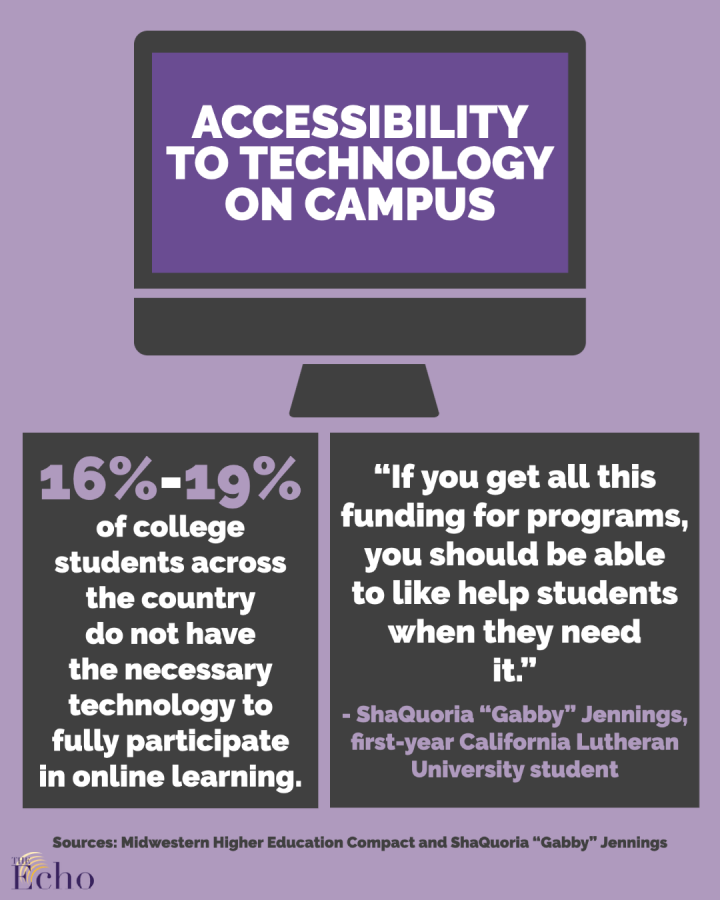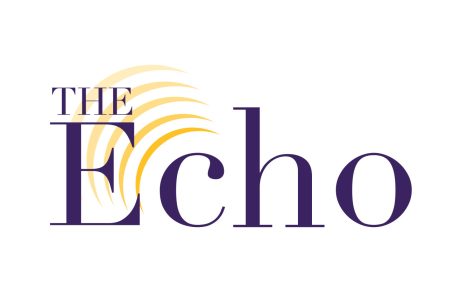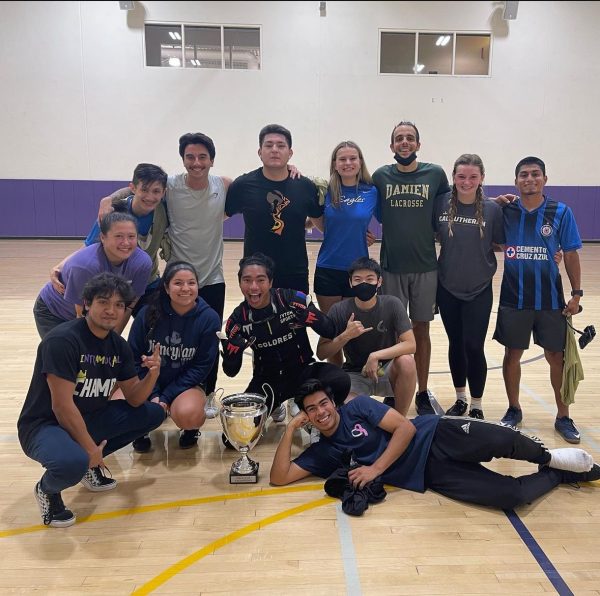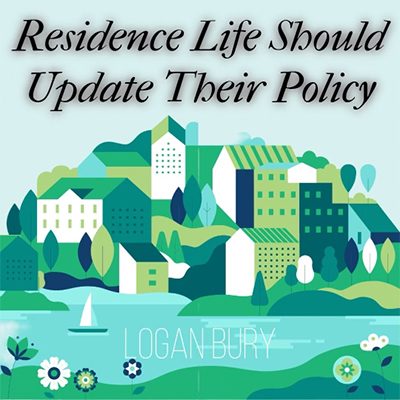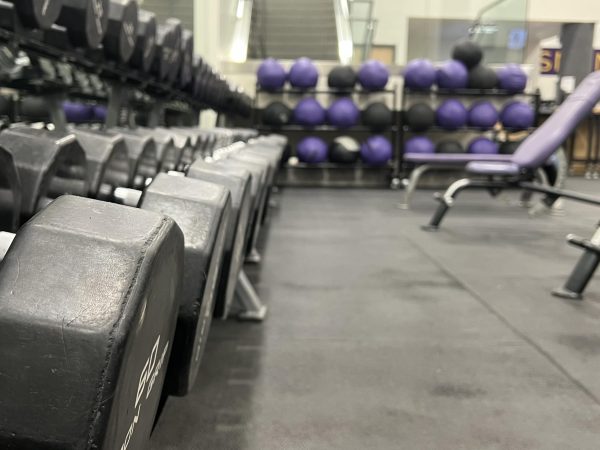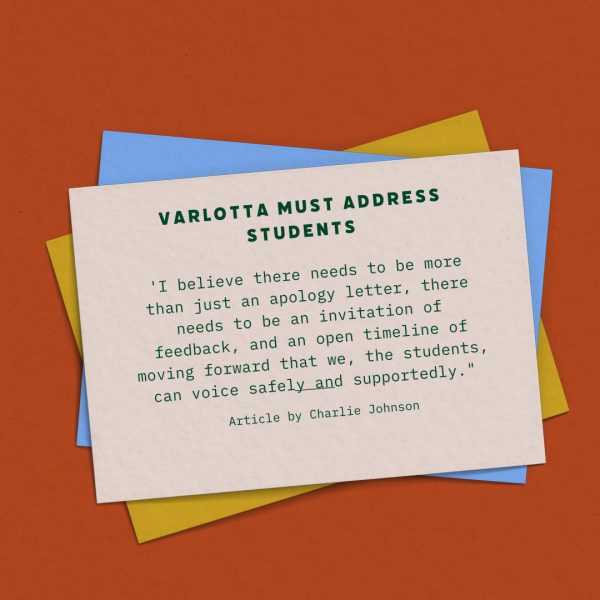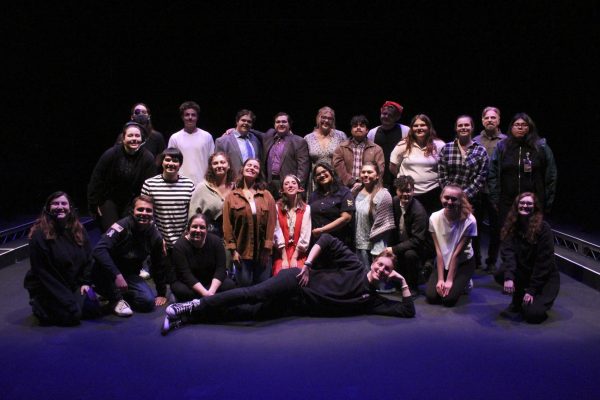Technology loans should be easily accessible for all Cal Lutheran students
September 21, 2021
According to an article published in 2021 by Midwestern Higher Education Compact, approximately 16% to 19% of college students across the country do not have the necessary technology to fully participate in online learning.
This range of percentages demonstrates what is known as the digital divide. Even though many schools have returned to in-person instruction, the digital divide still remains as access to online resources is still expected.
There is an assumption that all students have access to technology that will support their academic needs at all times. However, for some students this is not the case.
The Organisation for Economic Co-operation and Development defines the digital divide as “the gap between individuals, households, businesses and geographic areas at different socio-economic levels with regard to both their opportunities to access information and communication technologies (ICTs) and to their use of the Internet for a wide variety of activities.”
Researchers often overlook college students when conducting studies about the digital divide despite many of them not being able to afford a laptop, textbooks, or other educational expenses needed for the classroom.
This was the case with first-year California Lutheran University student ShaQuoria “Gabby” Jennings, who did not have the funds to purchase both a laptop and textbooks for school.
When searching for a way to loan a laptop before receiving financial aid, she contacted Media Services in the Information Technology Services at Cal Lutheran. However, Jennings said that Media Services told her laptops were only being loaned to faculty at this time.
After seeking assistance from fellow students and professors whom she shared her situation with, Jennings was presented with alternative resources and was able to contact someone at Student Support Services.
For two weeks, she used the computers in Pearson Library. However, some of the sites she needed to access for classes would not open on the library computers. Even with the school’s resources, Jennings was unable to complete classwork and needed passes from professors for some assignments.
Jenning’s situation aligns with a conclusion from The Midwestern Higher Education Compact showing that inadequacy in technology can lead to students struggling academically.
Once it became necessary to obtain a laptop, Jennings went to Rent-A-Center to either rent a laptop or eventually purchase one.
“I contacted Rent-A-Center because I was trying to rent a laptop, and I was trying to find a cheap one. Because I need books for class, and it was like either get a laptop or get books because you can’t get both, but I was like I need books,” Jennings said.
Although she found a solution to her problem with accessing technology, there are other students with similar circumstances on Cal Lutheran’s campus. These students could be in need of technology essential to classroom participation.
When searching for policies for loaning a laptop or information on who to speak to on this matter, there was little information on the Cal Lutheran website.
To ensure that students who may need technology outside of the campus library or computer labs have access, there should be policies in place for loaning laptops or other technology apparent for all students to find.
A formal program for technology loans could greatly benefit students. Although Cal Lutheran students are primarily in-person now, there are still students who were financially affected by the pandemic or who come from low-income households who deserve to have these resources easily accessible.

